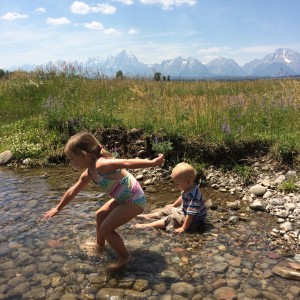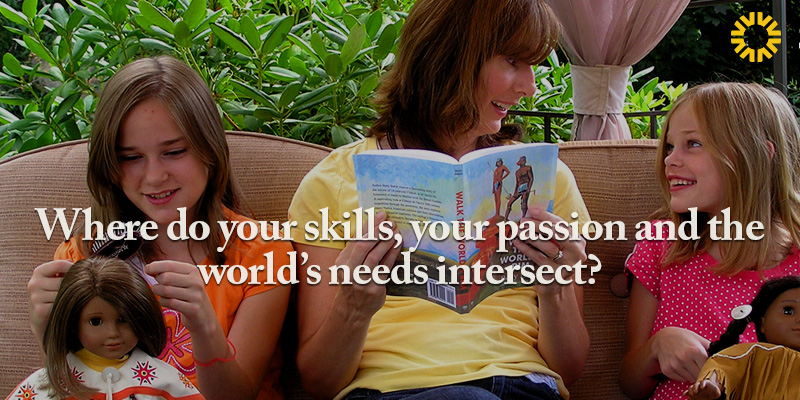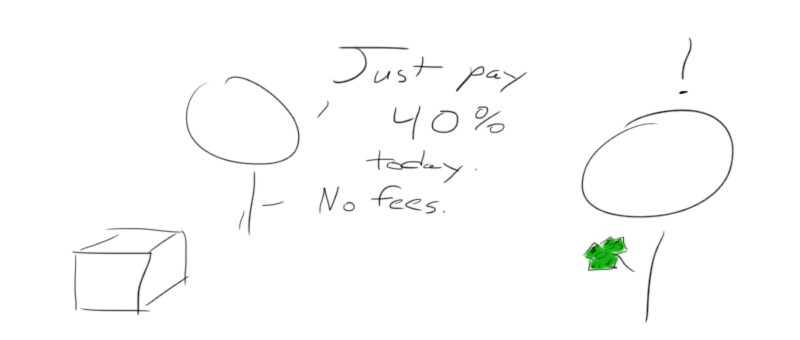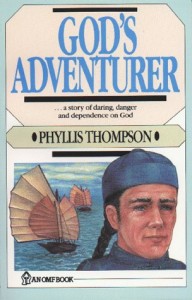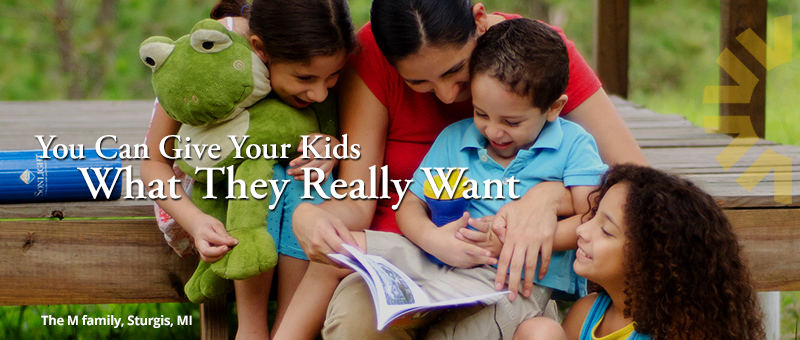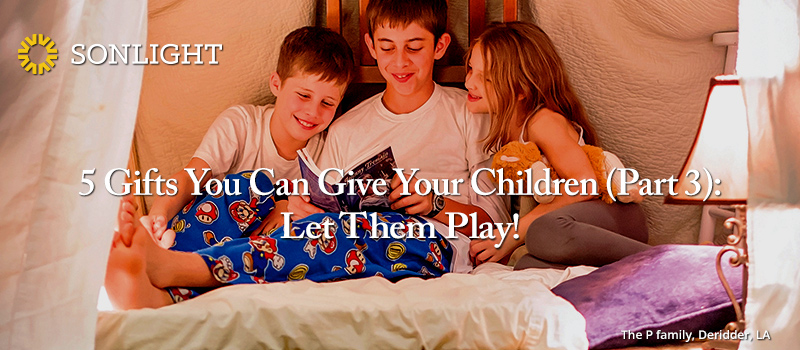
It's just another day of school. You know, math, reading, slaying dragons, building forts and climbing trees. Sound like your typical classroom?
Today I want to give us all permission to let loose a little and PLAY. (I thought about titling this post “Why I let my children run around like hooligans and yours can, too.”)
Seriously, one of the great benefits of homeschooling is that we have freedom to set a schedule that helps our children thrive. The great news is that making time for play doesn't keep us from helping our children grow and learn, instead it enhances their ability to do just that.
Not only is it great for our kids emotionally and physically, it turns out that play actually benefits kids intellectually as well. When they are playing, they are learning.
 Check out these studies for juicy details like how playing with blocks might help your kid perform better in math one day. And that pretend play? You get to see that come up in vocabulary development years down the road after all the basic reading skills have leveled out. Movement actually helps those little brains make connections that stick.
Check out these studies for juicy details like how playing with blocks might help your kid perform better in math one day. And that pretend play? You get to see that come up in vocabulary development years down the road after all the basic reading skills have leveled out. Movement actually helps those little brains make connections that stick.
(It also might help them become stronger leaders. Check out Sarita's post about how Steve Jobs and other well-known leaders spent lots of time creating rather than consuming as children. Inspiring!)
Make play a priority
Rather than seeing play as something we fit in around the really important things, I'm thrilled to make play a priority with our kids.
Play is often talked about as if it were a relief from serious learning. But for children play is serious learning. Play is really the work of childhood. — Fred Rogers
Oh Mr. Rogers, I always knew you were a wise man.
This may seem too simple. All kids play, right? But I think most kids in our society are starved for play. With all the pressure to make sure kids are academically advanced at an early age and the huge emphasis on test scores, it’s easy to forget about the playground.
This article from The Washington Post is one of many that highlight the danger of children forced to sit at desks all day versus being free to play. The article states that in the U.S., "the average first-grader spends seven hours a day at school, sometimes without any recess, much less one outdoors and unstructured."
What they need to play
So we can agree play is a good thing, but we have to be intentional to make it happen in a society that values a frenetic pace and constantly shuffling young children to organized activities. It’s easy for doubts to creep in when all around us we see busyness=productivity.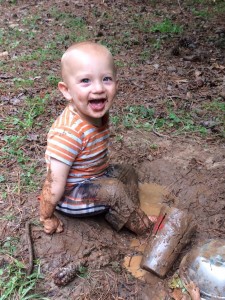
- The rare and precious thing kids really need to play is unhurried time. When we give then the gift of time to be children, we are opening a world of wonder to them that is only open so wide as this right now.
- Fill their minds with good books to give fodder for the imagination.
- Give them basic raw materials they can use to create. (Tools Not Toys.) Notice I am not saying they need fancy gadgets. Jump ropes, balls, blocks, building toys, and fabric (not to mention my kitchen spatulas and strainers) can all be used in endless ways. Give a child a cardboard box, a stick, and a scarf. You'd be amazed at what he comes up with!
- Let them get outside and fill their lungs with fresh air and exercise. Sometimes I have to force my kiddos out the door, but they are almost always smiling more broadly and have a reset in their attitudes 15 minutes in.
A glorious play buffet: Good books, raw materials, fresh air and lots of time.
What they don't (always) need to play
Kids don’t have to have highly directed play to have a great time. In fact, they benefit from initiating their own ideas.
Okay, I don’t know how to say this without feeling like I might offend the very organized moms out there whom I wish I could be like. But I think there’s a big trend toward planning and preparing children’s play so much that perhaps we over-direct sometimes. While I love it when our fun activities totally tie into a theme, not everything has to be perfectly coordinated to be beneficial and my kids don’t seem to care about that as much as I do.
(I think it is very wise to have boxes of special toddler toys, or fun crafts or activities planned for little ones. This just makes sense. Sensory bins are a blast! But I also had to get to a place where I realized that a very detailed, perfect plan for each day in the way of play was not realistic or always necessary for me.)
A dose of reality from this laid-back mama is that, around here, what happens for playtime is most often a surprise to me until it happens. I am totally okay with that.
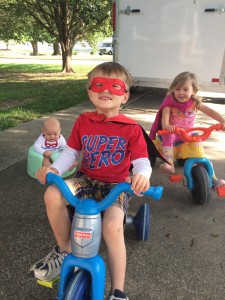
We spend lots of time together, but they thrive on coming up with activities that they initiate. My 4- and 2-year-old conducted a circus while we did math yesterday. They made a ship out of the couch while we did handwriting, and then they came to join us to draw and scribble respectively on slates and paper.
They marched in a parade and then “climbed mountains” while I started lunch and played "Narnia" while I put the baby down for a nap. “Hurrah for Cair Paravel!” from my 2-year-old (copying his sister) is something I never would have heard in a game I would have planned for him. Their creativity overflows and I love hearing them interact with each other.
I have a lot to figure out about homeschooling as I just begin this journey, but praise God for family and the chances to interact with siblings and share life and stories and time unfettered.
I know my teenagers won't necessarily be able to build a ship on the couch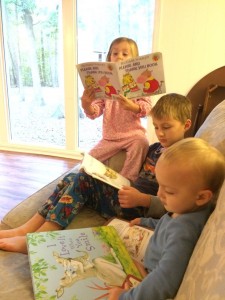 during math time. I get that academics need to get done. But I hope they will take time to create for the rest of their lives. It's one of the prime qualities that leaders possess. Give room for play and prepare the way for minds that are ready and hungry to learn.
during math time. I get that academics need to get done. But I hope they will take time to create for the rest of their lives. It's one of the prime qualities that leaders possess. Give room for play and prepare the way for minds that are ready and hungry to learn.
With homeschooling, we have freedom to shape our days according to our priorities. We have freedom to let our kids be kids and explore the fascinating world we live in.
Let's let them breathe, run, create and laugh, discover who they are and what they can create. Let's give our children the gift of time to play.
How do you make time for play?
(Read Parts 2 of 5 Gifts You Can Give Your Children or Part 1: The Gift of Your Presence.)


